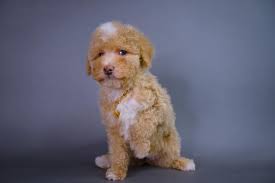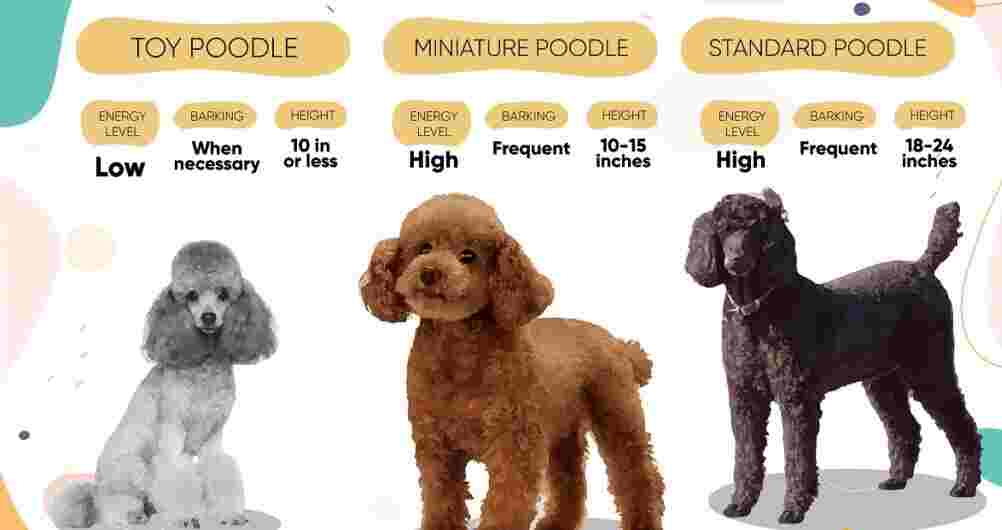Introduction
merle standard poodle controversy has created an intense debate among dog breeders. Beautiful in its color pattern, the merle coloration poses serious questions over issues of ethics, genetics, and health. The paper will go deeply into the origins of the merle gene, what it means to breed for the pattern, associated health issues, and the ongoing controversy that continues with the acceptance of this pattern in some breeds, especially Poodles.
What is the Merle Gene?
The Merle gene is that genotype, which makes a dog manifest a unique pattern: one exhibiting mottled color patches and pale areas. This genetic trait affects quite a few breeds and creates colors known as blue, chocolate, and red merle.

Working of the Gene
Inbreeding makes the merle gene affect the other colors already existing within a dog’s genetic make-up. A typical example may be a black Poodle with the merle gene where the usual grayish-blue areas appear mixed with black. This might also impact on eye color, as eyes may become blue or heterochromatic-one color in one eye and another color in the other eye.
Genetic Implications
While the merle gene is pleasing to the eye, with very attractive patterns, its presence comes with a host of more serious genetic problems if two merles are bred. This breeding method potentially produces “double merle” offspring, which may experience significant health problems, including lack of eyesight .
The Allure of Merle Poodles
An Appealing Look
The unique patterns and colors can vary very diversely, making them an exciting pet for those who want something distinctive.
Lots of people do want that “rare” or different dog; this contributes to its popularity.
Marketing and Trends
This has worked to the benefit of merle Poodles since pictures of these dogs with their beautiful coats became viral, resulting in more people trying to hunt down the merle version. Unfortunately, it has led to an increase in irresponsible breeding.
Double Merle Problems
Health Defects
- Deafness
- Skin issues
Breeding Ethics
they avoid breeding that may bring a risk of double merle offspring. Most breeders ignore these ethical considerations through the allure of merle coloration in an increased risk to the health of dogs in the process.
Controversy in the Dog Breeding Community
Breed Standards
The American Kennel Club (AKC) and other breed registries do not recognize merle as an acceptable color for Poodles. Merle remains a heated topic of debate among breeders, owners, and enthusiasts, as its legitimacy in breeding Poodles continues unabatedly.
- Arguments for Recognition
- Arguments Against Recognition
Public Perception
Controversies surrounding merle Poodles have provoked the people; some praise the unique looks and are more than willing to forget other possible health concerns, while others favor ethical breeding and healthy status of the breed.
Online Communities and Advocacy
Online discussion forums centered around Merle Poodles have also emerged, often highly polarized in their beliefs about the dog. Supporting the Merle Poodle, enthusiasts share their personal stories and promote their dogs, but others warn prospective buyers about the risks inherent to a merle-colored dog.

Genetics and Testing
Genetic Testing
Genetic testing lets breeders avoid breeding those litters that might end up becoming unhealthy, so they have a wider future competitive edge. Breeders identify various health risks through tests for genes like the merle gene and other inherited conditions within their dogs.
- Test for Merle: One checks if a Poodle possesses the merle gene through DNA tests and avoids breeding two merles together.
- Health Screening: Apart from the merle gene, responsible breeders would screen for other common diseases both in Poodles and Newfoundlands to breed healthy dogs.
Importance to Buyers
Owners-to-be should inquire with breeders about whether health tests or genetic testing have been done on the merle Poodle they want to purchase. Knowing what could the risks be posed by the merle gene might serve them well for buyers who get duped by breeders that put emphasis on looks rather than health.
Legislative and Regulatory Considerations
Breed-Specific Legislation
It has even been capable enough to put the requirement of breed-specific legislation on some states’ radars in the regulation or outright prohibition of breeding merle dogs. They are designed with a focus on health and welfare of dogs as well as discouraging people from irresponsible breeding.
Future of Merle Poodles
Trends in Breeding
Since the merle Poodles are highly popularized, it is on the part of the breeders to ensure that there is responsible breeding. The unique colors should not take over from the health and welfare of the canine.
Responsible Ownership
Education is vital to the future of merle Poodles. The next owner must be informed of the potential health risks of the merle gene and that they are purchasing from health-aware breeders concerning genetic testing and ethical breeding practices.
Community Responsibility
Both breeders and owners should take responsibility in promoting responsible breeding and raising awareness on the dangers of breeding for color or pattern.
Discussion in the dog community can help in setting up a culture of care and responsibility in breeding.

